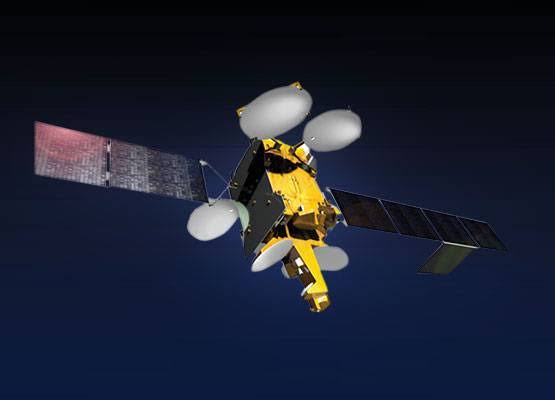Pakistan is gearing up to launch its multi-mission communication satellite, PAKSAT-MM-1, on May 30, in a collaborative effort with China. This important event will take place at China’s Xichang Satellite Launch Centre, as announced by the Space and Upper Atmosphere Research Commission (Suparco).
PAKSAT-MM-1 represents a significant milestone in Pakistan’s space endeavors. Developed jointly by Suparco and the Chinese Aerospace Industry, this advanced satellite is designed to improve the country’s communication and connectivity infrastructure. Its primary mission is to support the telecom sector by providing high-speed internet and seamless connectivity. This will play a crucial role in boosting Pakistan’s socio-economic development and help pave the way towards a Digital Pakistan.
In addition to enhancing communication services, PAKSAT-MM-1 is expected to offer a variety of other benefits. These include better internet access in remote and underserved areas, improved broadcasting services, and enhanced capabilities for emergency communication during natural disasters. The satellite’s advanced technology will also aid in scientific research and data collection, which can be utilized for various developmental projects.
This launch comes on the heels of another significant achievement for Pakistan in the field of space exploration. Earlier this month, the country successfully launched its historic lunar mission, iCube Qamar. This mission marked Pakistan’s first step into lunar exploration and was developed by the Institute of Space Technology in Islamabad. The iCube Qamar satellite has already begun its mission by sending back its first images from lunar orbit, showcasing Pakistan’s growing capabilities in space technology.
The collaborative efforts with China have been instrumental in advancing Pakistan’s space program. China’s expertise and technological support have provided a strong foundation for these ambitious projects. This partnership is expected to continue, with both nations working together on future space missions and technological innovations.


